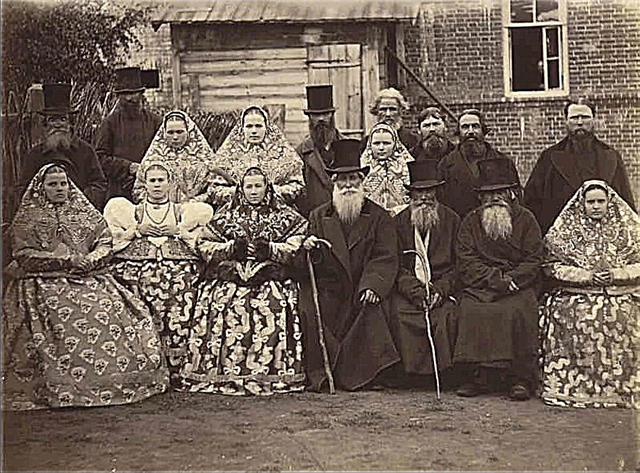
The "Gospel" is translated from Greek as "good, good news." They describe the activities of Jesus Christ, his divine nature.
The recognized church are the four evangelists - Luke, Mark, Matthew and John the Theologian. The immediate disciples of Christ are Matthew, Luke, John. Mark is a disciple of the Apostle Peter. In their manuscripts they talk about the same event, but at different times. Naturally, there are inconsistencies in the texts, sometimes contradicting each other. This is because any historical event can be interpreted in different ways. Each of the apostles had a unique character and interpreted some episodes based on his point of view. Evangelicals tried to convey the “good news” of Jesus Christ to as many people as possible in a publicly accessible language.
Interesting fact: In addition to the canonical gospels, there are apocrypha - books not approved by the church. In ancient times, clergy fiercely fought against the distribution of heretical manuscripts, they were forbidden in every way. In their opinion, the apocryphal texts did not comply with the traditions of the Old Testament tradition. They traced the influence of paganism, including superstition and magic spells. About 50 “forbidden books” have reached us. The most famous are: the gospel of Judah, the gospel of Peter, the Book of Joseph the Carpenter.
So why in Greek?
The years of the life of the evangelists fell at the peak of the military power of the Roman Empire. The state extended along the entire coast of the Mediterranean Sea. Formed on the fragments of ancient Greek civilization, the Roman Empire absorbed not only Hellas herself, but all of her colonies in Europe, North Africa and the Middle East. To avoid uprisings, the Romans willingly exchanged cultural values with the occupied peoples. For the sake of stability in the occupied lands, the Romans included alien gods in their Pantheon.

Since the time of Alexander the Great, the Greek language has spread throughout the enlightened world. In the Roman Empire, he was an instrument of interethnic communication. He was understood by most of the inhabitants of the ancient state. This was the main reason why the evangelicals wrote their manuscripts in Greek. So they could convey the tradition of Jesus Christ to a greater number of inhabitants of the Roman Empire.
Interesting fact: for the Romans, communication in Greek was the rule of good form. They hired teachers and domestic workers from Greece to their homes. There is a parallel with the "top" of the Russian Empire at the turn of the 18-19 centuries, who spoke French. True, in our country, this fashion did not affect ordinary peasants, which can not be said about the Roman “ordinary people”. They had to study Greek speech because of its thorough imposition.
This was the main reason why the evangelicals wrote their manuscripts in Greek.So they could convey the tradition of Jesus Christ to a greater number of inhabitants of the Roman Empire.
The evangelists Luke and Mark turned their manuscripts to the pagan Greeks and Jews expelled from Israel. Their works are written in colloquial Greek, the so-called “koyne”. On it communicated ordinary peasants, representatives of the lower classes of the empire. In the years of the creation of the gospels (second half of the 1st century), Christianity positioned itself as the “religion of the poor.” They became the main audience and the center of its distribution throughout the civilized world.
In Palestine, the Hebrew language was used only for worship. In the 1st century A.D. Jews communicated among themselves exclusively in Aramaic. Therefore, the Gospel of Matthew is written in this language. There was no point in using the Hebrew language. In colloquial speech, he was practically not used.
Almost all the inhabitants of the Roman Empire spoke Greek. Evangelicals wrote on it so that their books were understood by as many people as possible. The Hebrew language was used only for worship. The inhabitants of Palestine did not use it in colloquial speech.












